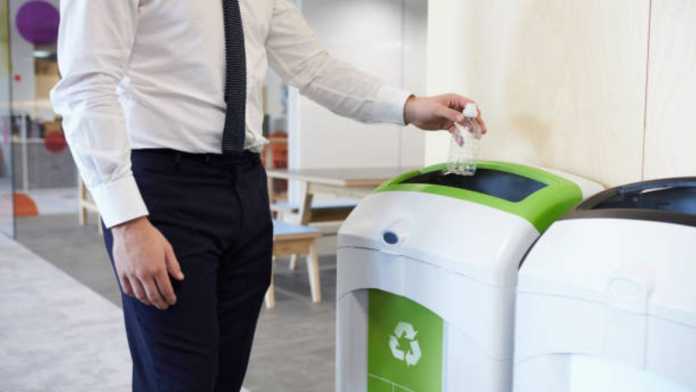Business waste is defined as any waste product that comes from a commercial activity. Business waste is collected by a service provider such as a waste management company. These companies also provide free bins to their customers. Businesses can also opt for a self-service recycling program. This can help them avoid the cost and effort of hiring a waste management company.
Business waste is defined as any waste product that is created from commercial activity
There are many different types of waste produced by businesses. Some of these are recyclable, and some are not. General waste, for example, is what most businesses produce daily. This type of waste is made up of food packaging, paper and laminated papers. Other types of waste are recyclable, such as dry mixed recycling. Businesses can use a dry mixed recycling bin to send recyclables to a recycling facility.
Business waste is an important aspect of day-to-day operations. In England alone, this type of waste is responsible for one-fourth of the waste produced in the country. Different types of business waste are generated for different reasons, depending on the type of business and the industry it operates in. However, no matter what type of business you run, chances are it will produce some waste, and disposed of it appropriately is a fundamental part of running your business.
Different types of business waste are classified into different categories, depending on the type of material it is made from. Household waste, for example, consists of waste materials like food, paper, plastic, and rags. In addition, some business waste is hazardous, including asbestos, chemicals, solvents, oils, and WEEE goods. There are also different types of waste generated by businesses, including confidential waste, which includes financial records, health documents, and criminal records.
Generally, businesses in the UK have the responsibility to dispose of waste properly. If they do not, they can face huge fines. There is also the possibility of prison time for repeat offenders. There are also strict regulations governing the disposal of waste, so businesses should be aware of these requirements.
Businesses can protect human health and the environment by reducing waste and recycling. This can help them attract environmentally conscious consumers. In fact, according to a study by Unilever, 33% of consumers choose brands that practice good environmental and social practices. By recycling a majority of their waste, businesses can save a significant amount of money on landfill taxes.
Using a professional waste management service is a smart option to manage waste responsibly. Using a waste management service ensures that businesses are following all the laws and regulations surrounding waste management. The Environmental Protection Act 1990 sets strict guidelines on waste management, including the Duty of Care. If businesses do not follow these regulations, they risk paying huge fines and facing prison sentences of up to five years.
It can be collected by any type of service provider
Business waste is a type of refuse that businesses generate. This can include anything from broken drinking glasses to glass bottles. The industries that produce this kind of waste include glass manufacturers and restaurants. If you want your business waste to be recycled, you can find a service that does that for you.
Before hiring a service provider, you should research them thoroughly. This is essential because some service providers won’t pick up certain types of waste, while others aren’t secure enough to handle sensitive documents or hazardous materials. The type of service that you need should match your business waste requirements.
It can be disposed of in your household
Business waste is waste that is produced by a business. This waste can be disposed of in your household or you can contract a registered waste carrier to dispose of it for you. You can even recycle some of the waste, but you must make sure that it is disposed of safely.
You can recycle plastic cups and utensils, but do not put them in a separate recycling bin. Place them in the household trash bin. Plastic plant pots and other plastic waste can be recycled by donating them to a local nursery. Trash containers can be used for mulch or compost. Also, you should not put rubber gloves in your household trash bin.








